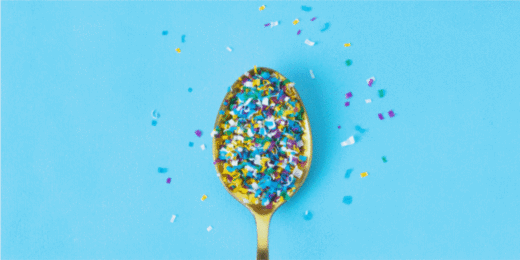Much like our eye color or our hair's hue, empathy is sometimes thought of as a trait that's determined by our genes and fixed for life. If you believe this to be true, you may think that failing to empathize with another person means this kind of compassion is missing from your biological makeup.
Fortunately studies of empathy suggest this isn't the case. As Stanford psychologist Jamil Zaki, PhD, explains in a recent Stanford news story, empathy isn't doled out to us in a fixed quantity at birth, it's a skill that improves each time we use it.
In a conversation about his research and his new book, The War for Kindness: Building Empathy in a Fractured World, Zaki discusses the origins of empathy, what helps people cultivate it and studies of how caregivers can be empathetic in a sustainable way.
There's a lot of debate over the origins of empathy, Zaki says. "Philosophers and psychologists have argued that empathy is a trait, hardwired into our genes and brains. The reasoning goes that each of us has a 'level' of empathy and -- like our adult height -- we're stuck there for life."
That's fabulous if you are an empathetic person, but what if caring for others doesn't come easily for you?
"Through the right practices," Zaki says, "such as compassion meditation, diverse friendships and even fiction reading, we can grow our empathy on purpose. Empathy is something like a muscle: left unused, it atrophies, put to work, it grows."
Not only can empathy improve with practice, it also comes in many different forms, Zaki's studies reveal. For example, picking up on the feelings of people around you is known as "emotional empathy," and it's different from "cognitive empathy," which is actively thinking about what another person is feeling. "They activate almost entirely different brain systems," Zaki explains, "suggesting that these 'pieces' of empathy are independent."
Another kind of empathy is the compassion that nurses, doctors and other caregivers use when working with patients. "Empathic concern -- feeling for someone -- is distinct from emotional empathy -- feeling as someone else does," Zaki says. Empathetic concern tends to be more sustainable, Zaki explains, and "contemplative practices, such as compassion meditation, appear to help people make this distinction, but this research is still in early days."
Another facet of empathy that Zaki's research brought to light stems from work he conducted with Carol Dweck, PhD, a Stanford professor of psychology known for her work on the effects of having a growth mindset.
They found that people who believed empathy is flexible -- not fixed -- spent more time listening to the suffering of a person of another race and put more energy into trying to understand the opinions of a person with different political beliefs.
"Merely believing empathy is a skill that can be developed inspired people to try harder at it," Zaki said.
Photo by kaleido-dp




